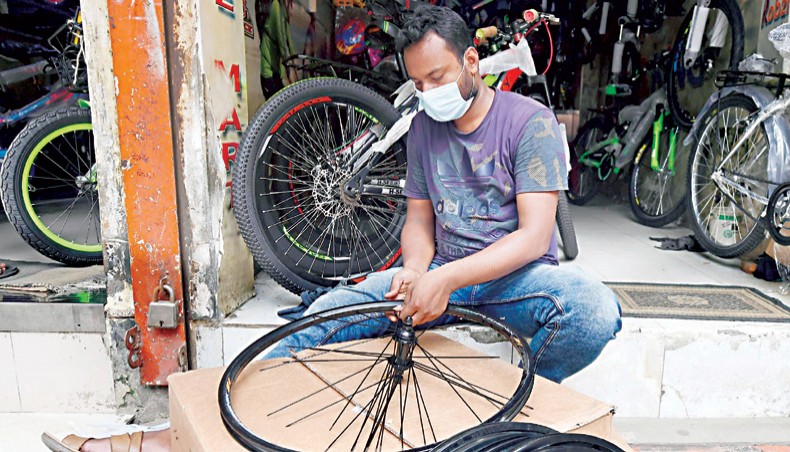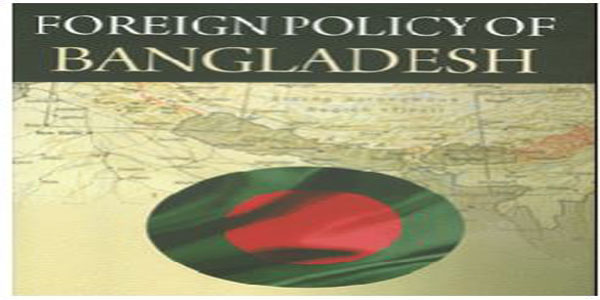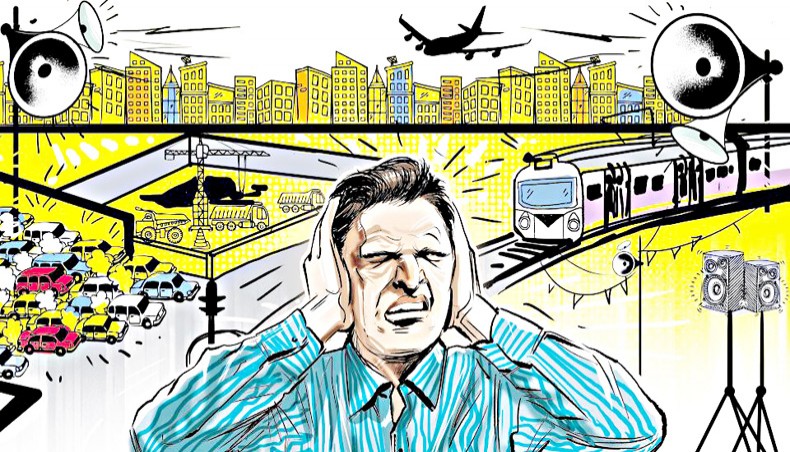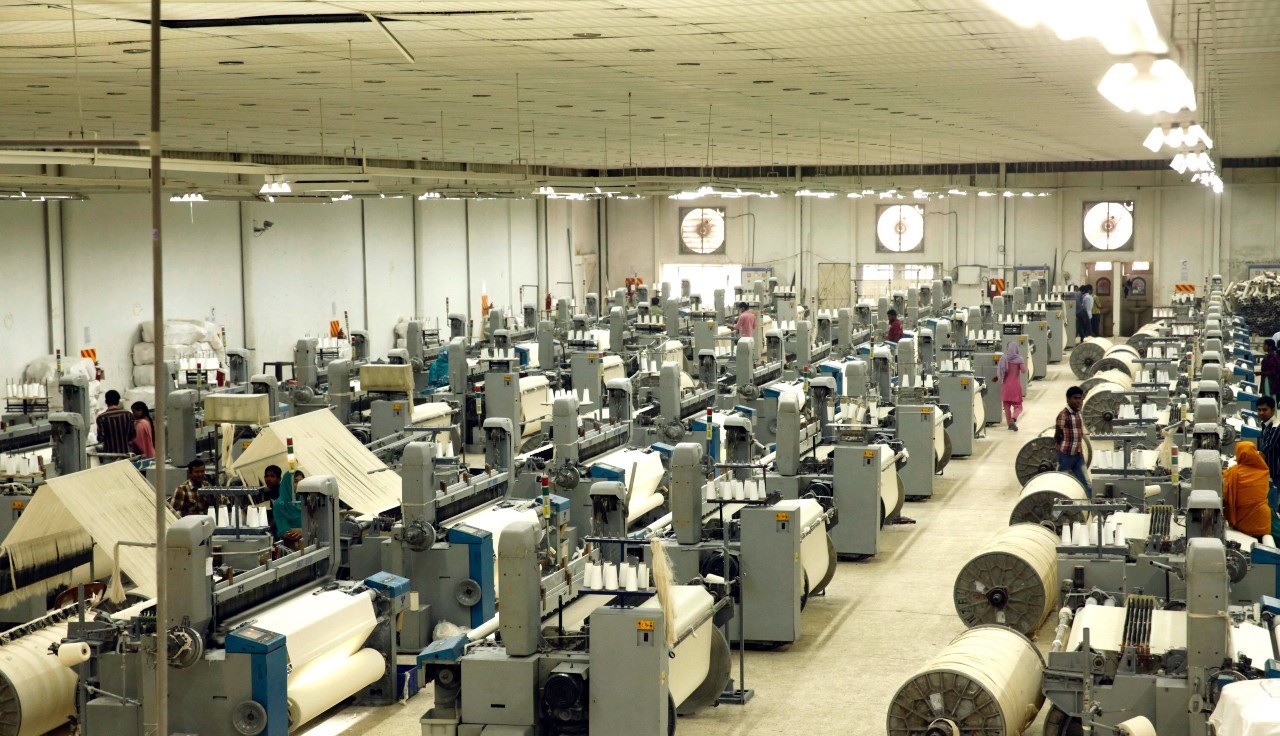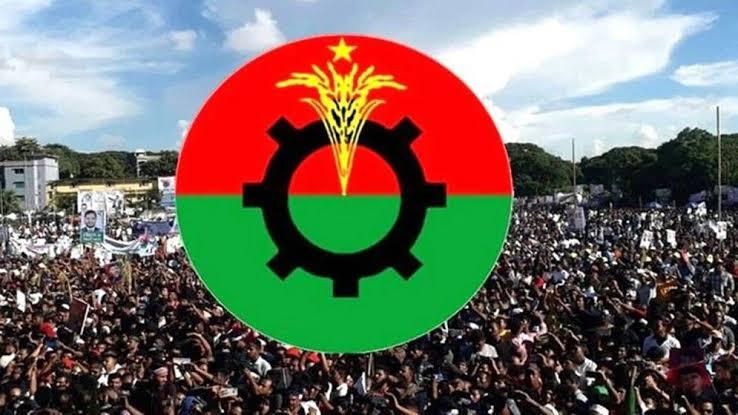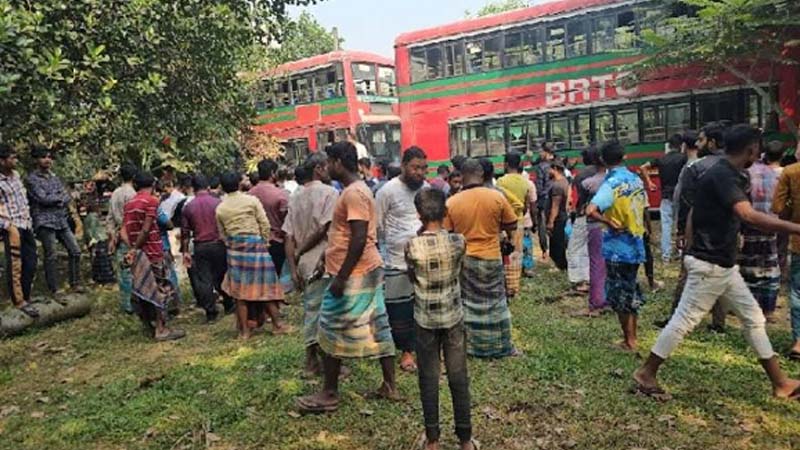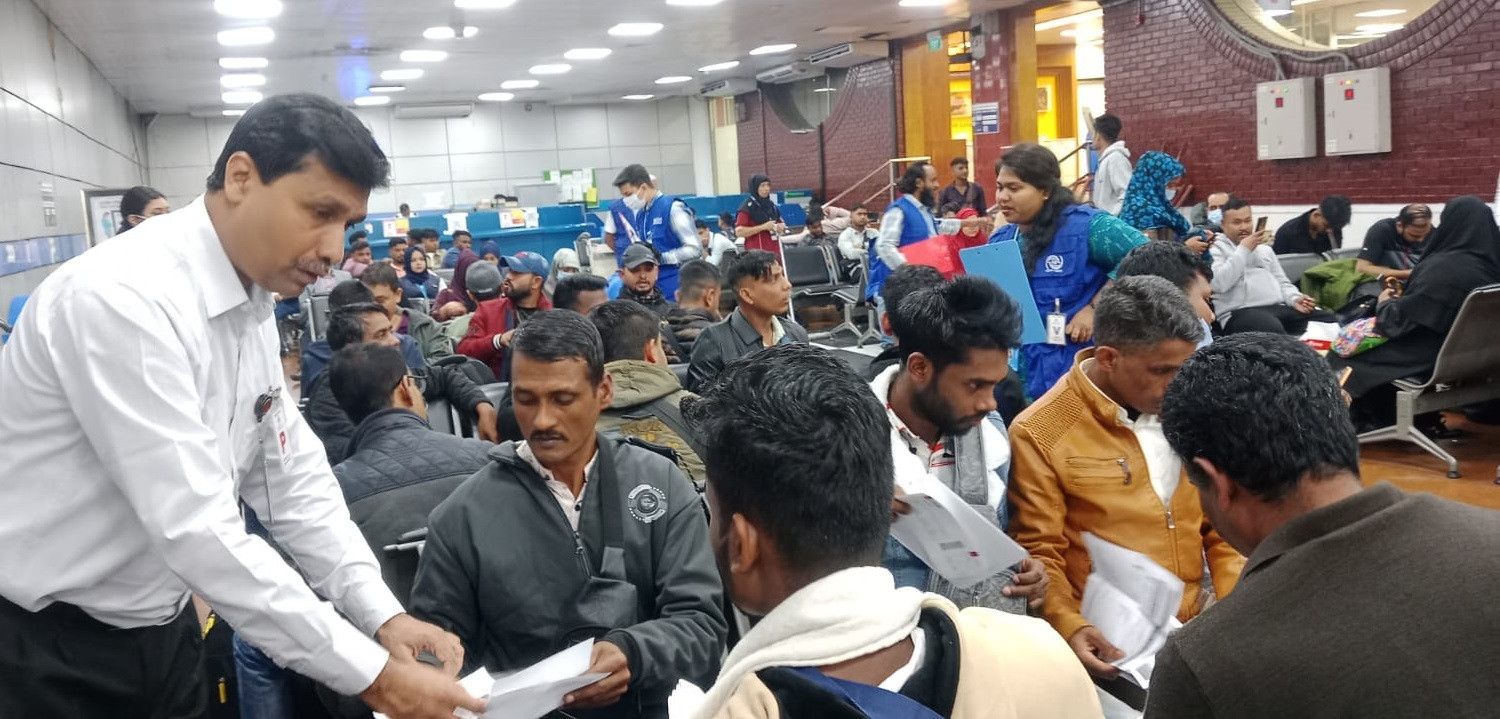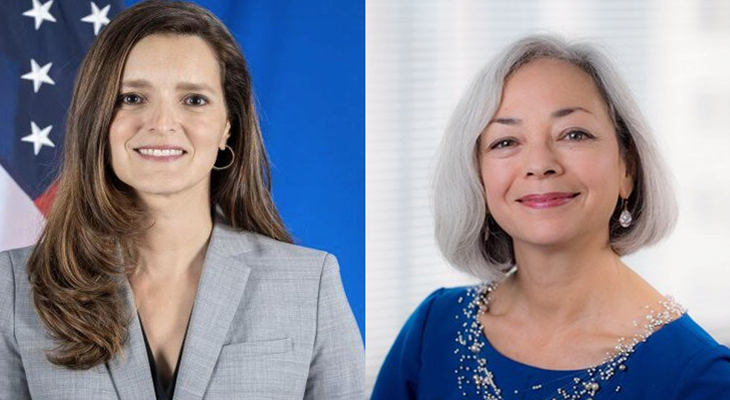GROWTH is, undoubtedly, an important issue for a country, but growth alone is not enough to solve the problem related to welfare, particularly related to COVID-19 problems. If our concern is only about the national income growth, it can be measured in various ways even by the most extensively used measure of economic growth — the gross domestic product, which is the monetary value of all final goods and services produced in a country for a period of time.
Conventionally, development strategies involve only economically efficient means of production to make, but do not focus on equitable distribution. For economic growth, a country only needs efficiency. But if we want to ensure development for all, we need to focus not only on efficiency but also on equity aiming at a more equitable distribution. On the other hand, if we talk about sustainable development, it is a socially receivable and environmentally durable economic enhancement together with human being at the centre of the stage.
The agenda for sustainable development is that everybody is included and nobody is excluded. From the agenda of sustainable development, it is clear that everybody should be included in and benefited from the economic growth and not a single person should be excluded from the benefits.
Sustainable development presupposes human welfare and demands an inclusive growth. It invokes a qualitative growth rather a quantitative growth. But the gross domestic product measures only the price value and does not measure human welfare, equitable or inclusive growth and also does not care about the qualitative growth. Mainstream sustainable development demands both inter-generation and intra-generation equity.
Moreover, it demands not only this principle of intra-generational equity but also a commitment to the future and the inter-generational equity. Mainstream sustainable development considers two dimensions of equity — between the present and future generations and between the rich and poor at a given point of time. So, it is not only the creation of wealth and the conservation of wealth but also a fair distribution of the wealth among all.
It is clear that implementing sustainable development is a huge challenge for all. This challenge is now more complicated, with the advent of the alarming COVID-19 pandemic. The impact of COVID-19 continues to devastate lives and livelihood across the world. The virus has caused many economic complications in the world as well as created big challenges to the implementation of sustainable development goals.
Now if we consider only intra-generational equity, the equity between the rich and the poor now, this year, we will find a different situation in the whole world as well as in Bangladesh. The poverty rate in our country now may have increased to 35 per cent from about 20 per cent in 2019 because of the impact of COVID-19 pandemic.
So what kind of action should we take for these new poor people? Is GDP growth the only desirable thing or does it need some more initiatives to address the plights of the new poor? What solutions could be considered to reduce inequalities in the time of COVID-19, especially in minimising the difference between the rich and the poor? Basically, during the COVID-19 pandemic, we do not only need to take some timely initiatives but also to implement them properly and as early as possible.
Firstly, a progressive tax system — by taxing the upper income groups at higher rates — can be another effective solution to the problem of wealth redistribution. Revenues from progressive taxes can be spent on the targeted new poor who face an economic crisis because of the impact of COVID-19.
Examples of such expenditures include the strengthening of social safety nets both in terms of a wider coverage and effectiveness, augmenting of expenditures on health care, food security and employment generation to help the new poor survive the economic slowdown caused by COVID-19.
Secondly, the government may start an intensive cash-transfer programme for the extreme poor without any conditions. Because of the COVID-19 outbreak, many people have already lost their job or have had a partial or complete reduction in income and are now faced with food insecurity.
An extensive cash-transfer programme can help them to fight the economic depression. A good example of cash transfer that succeeded in reducing not only absolute poverty but also income inequality is Brazil’s ‘Bolsa Familia’ programme.
Thirdly, now is the time for the government to effectively implement the national social security strategy, which addresses Bangladesh’s triple problems of poverty, vulnerability and marginalisation to pave the way for implementing the Seventh Five Year Plan and Vision 2021. The social inclusion of the marginalised groups is a central principle of the national social security strategy, with an expansion of programmes for the extreme poor and the most vulnerable people. Therefore, an early implementation of the strategy may help the government to attend to the needs of the new poor.
Finally, the government has created substantial policy-wise frameworks and provided substantial incentives in various fields but the biggest challenge that remains is to ensure an efficient and speedy implementation of the policies and incentives. An early implementation of the policies and incentives is highly likely to minimise the problem related to the new poor caused by COVID-19.
It is, therefore, not possible to solve this complex problem with the new poor and sustainability by focusing only on growth alone. The GDP can only measure quantitative economic growth, but cannot ensure human dignity, human freedom as well as human welfare. As growth grows, the government needs to ensure that everyone has a fair share of benefits. If welfare is considered from a purely financial point of view, sustainable development will be difficult to achieve.
Sadia Islam is assistant professor at Dhaka School of Economics.


